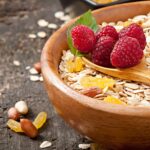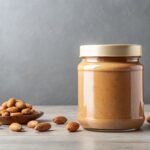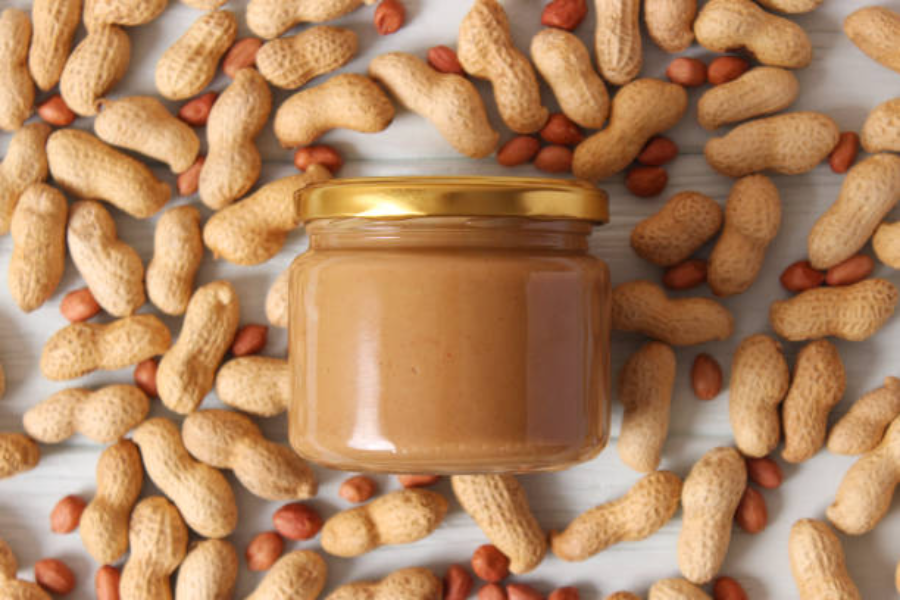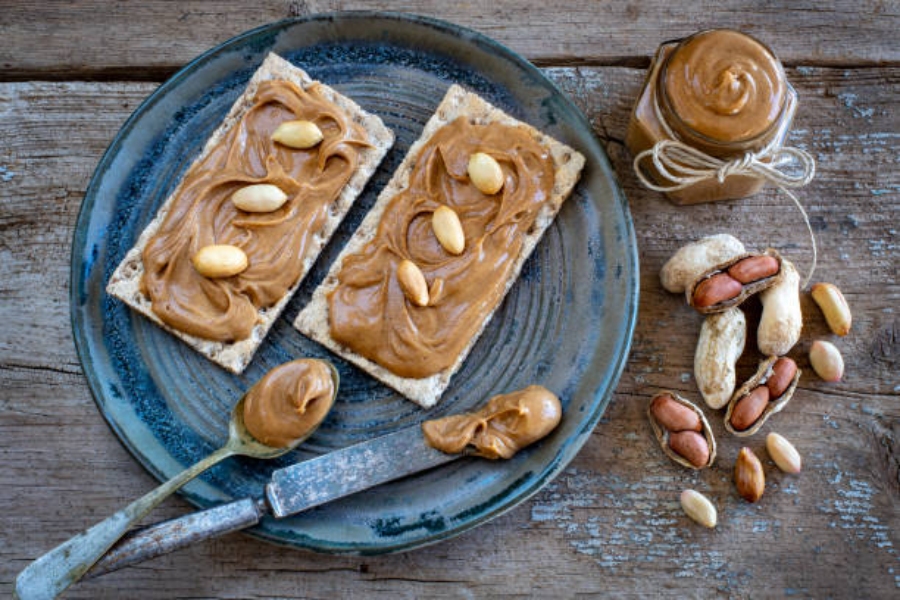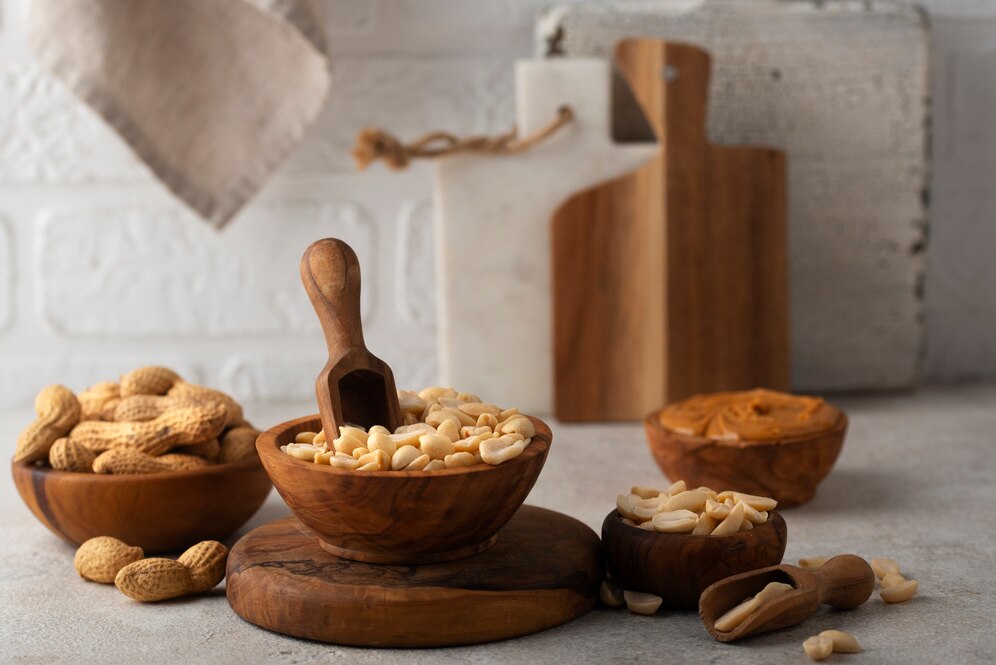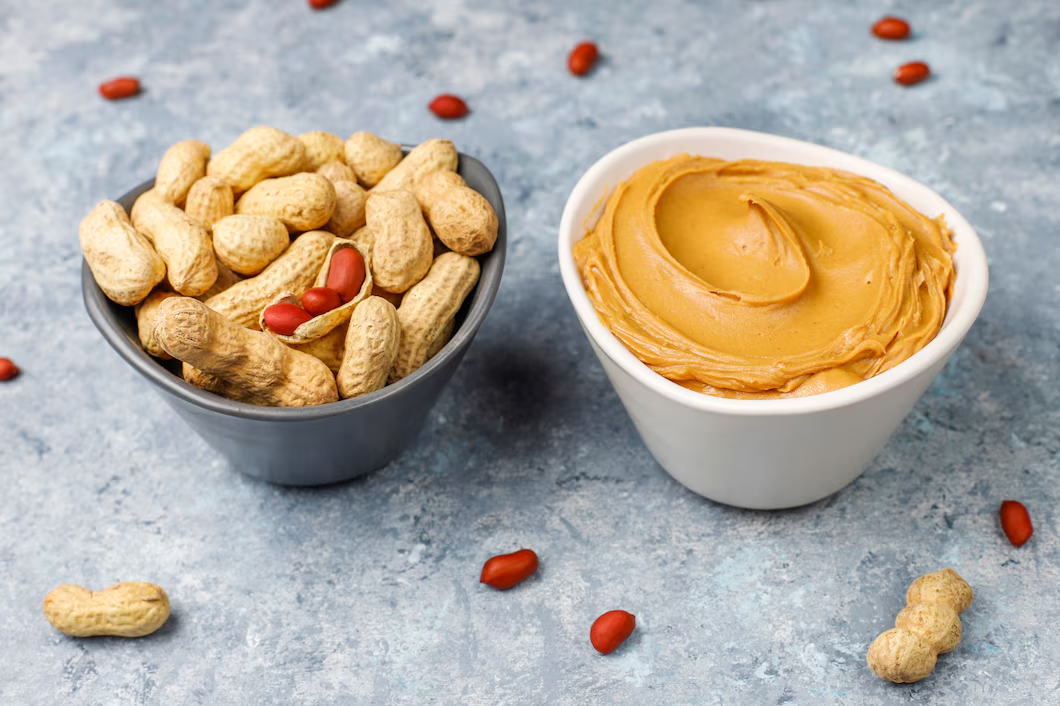
Why Peanut Butter is the Ultimate Fitness Superfood
Many individuals are always in search of foods that they can take during their exercises and for recovery and, shedding off the excess fats and eating healthy. In this case, peanut butter is one dish that stands out a lot. Not only is it edible and delicious, but it is also a powerhouse of nutrients that any bodybuilder would love to have. So let’s have a closer look at why athletes should be consuming peanut butter, the mechanism by which it can enhance their health and what kind of effects it can cause if consumed properly in their nutrition plan.
Packed with Protein and Healthy Fats
The best thing about peanut butter is that it nutritionally fits the athlete’s requirements, which is why it is popular among athletes. It contains the protein needed for growing muscle and the combination of good fats and carbs required for synthesizing energy.
Protein: This is important as it helps the growth and healing of muscle tissues every day. In the 2-tablespoon portion of the peanut butter, approximately 8 grams of protein is contained. If you are an athlete or looking to build muscle, it can be added to one’s diet as a supplement.
Healthy fats: These fats, particularly unsaturated fats, make up a significant portion of peanut butter’s calorie content. These fats are not only good for your heart but also help with satiety, meaning they keep you feeling fuller for longer. In fact, the monounsaturated and polyunsaturated fats found in peanut butter have been shown to lower bad cholesterol (LDL) and increase good cholesterol (HDL).
Peanut butter also contains complex carbohydrates, which provide slow-releasing energy that helps maintain stamina during workouts. Unlike sugary snacks that cause spikes and crashes in energy levels, peanut butter delivers a steady stream of energy, making it ideal for long workouts or endurance sports.
A Calorie-Dense Source of Energy
But for those people who are in a phase where they are taking in more calories and gaining mass, peanut butter is great. About 2 tablespoons of peanut butter contain approximately 190-200 cal, which indicates that adding a reasonable number of calories to the daily food intake is very easy, especially with regard to overindulgence. This is especially useful for those who undergo rigorous workouts and lose a lot of calories in the process but do not consider feasting on a number of large meals every now and then to be a great idea.
Because of the highly caloric content of peanut butter, it can indeed be a savior for those who cannot consume enough food to support their workouts. Fats, protein, and carbs together imply that even a little peanut butter goes a long way in providing a calorie jolt to the body without bloating the stomach.
Rich in Micronutrients and Antioxidants
In addition to macronutrients, it contains other vitamins and minerals that are vital to athletic performance and life.
This food is also high in Vitamin E, which is an antioxidant that will assist in reducing damage caused by free radicals to muscles and cells. Peanut butter also helps the body to minimize the damage induced by free radicals since high-intensity exercises enhance oxidative stress.
It also incorporates a B group of vitamins, including niacin (B3), and folates (B9) that are crucial in energy production and red blood cell formation. These nutrients are important for athletes as they require their muscles to work to the optimal ability.
In addition, peanut butter contains magnesium, which is a crucial mineral ideal for muscle contraction and signal transmission in the nervous system. It is also a cofactor for energy metabolism. This is bad news for athletes because magnesium is crucial for smooth muscle and nerve function, and individuals short on magnesium may well suffer from muscle cramps or impaired endurance.
Supports Weight Management
Peanut butter’s healthy fats, protein, and fiber make it a highly satiating food, which can help with weight management. Contrary to the belief that high-fat foods lead to weight gain, studies have shown that people who include moderate amounts of peanut butter in their diets are less likely to overeat later in the day.
By promoting fullness and reducing cravings, peanut butter can be a useful tool for those looking to lose weight or maintain their current weight. When consumed in moderation, it can help control hunger and prevent the urge to snack on less nutritious options.
For athletes who need to maintain a certain weight class or body composition, peanut butter can be a valuable addition to their diet. Its satiating effects help ensure that they stay fueled without the need to consume excessive amounts of food.
Enhances Workout Recovery
Recovery is a vital part of any fitness routine, and the nutrients in peanut butter can aid in this process. After a workout, your muscles need protein to repair the small tears that occur during exercise. The protein in peanut butter can help with this recovery process, making it an excellent post-workout snack.
Moreover, the healthy fats and antioxidants in peanut butter help reduce inflammation, which can speed up recovery and reduce muscle soreness. The magnesium content also plays a role in muscle relaxation and recovery after strenuous exercise.
A Convenient and Versatile Snack
Another reason fitness enthusiasts love peanut butter is its convenience. It doesn’t require refrigeration, is easy to store, and can be paired with a wide variety of foods. Whether you’re at home or on the go, peanut butter makes for a quick and satisfying snack that can fit into any meal plan.
Peanut butter pairs well with apples and bananas, which provide additional carbohydrates and vitamins. It can also be spread on whole-grain toast or mixed into smoothies for an easy, nutrient-packed meal or snack.
For those who prefer more savory meals, peanut butter can be used in sauces, dressings, and dips to add flavor and nutrients to dishes. It’s a versatile ingredient that works well in both sweet and savory dishes, making it an easy addition to any diet.
How to Choose the Right Peanut Butter
Not all peanut butter is created equal. When selecting peanut butter, it’s important to read the labels carefully to avoid added sugars, unhealthy oils, and preservatives. The healthiest options are those with minimal ingredients—ideally, just peanuts and a pinch of salt.
Many commercial brands add hydrogenated oils and sugar to their peanut butter, which can negate some of the health benefits. Instead, look for natural or organic peanut butter, which is made from 100% peanuts and has no added ingredients. This ensures that you’re getting the maximum nutritional benefits without any unnecessary additives.
Potential Allergies and Precautions
While peanut butter is a fantastic food for most people, it’s important to note that some individuals have peanut allergies. For those with severe peanut allergies, even a small amount of peanut butter can cause a life-threatening reaction. If you have a peanut allergy, there are alternative nut butter, such as almond butter or sunflower seed butter, which offer similar nutritional benefits.
For individuals without allergies, peanut butter can be safely enjoyed in moderation. Because of its high-calorie content, it’s essential not to overconsume peanut butter, especially if you’re trying to lose weight or maintain a specific calorie intake.
Incorporating Peanut Butter into Your Fitness Routine
Peanut butter is incredibly versatile, and there are countless ways to include it in your diet. Here are some simple and delicious ways to incorporate peanut butter into your fitness routine:
Pre-workout snack: Spread peanut butter on whole-grain toast or pair it with a banana for a balanced snack that provides carbs, protein, and healthy fats for sustained energy.
Post-workout smoothie: Blend peanut butter with a banana, spinach, almond milk, and protein powder for a nutrient-packed recovery smoothie.
Overnight oats: Mix peanut butter into your overnight oats for a creamy, protein-rich breakfast.
Energy balls: Combine peanut butter with oats, honey, and chia seeds to create energy balls that are perfect for a quick and healthy snack.
Peanut sauce: Use peanut butter to create a savory peanut sauce for stir-fries or as a dip for vegetables.
The end note
Peanut butter is undoubtedly the ultimate fitness superfood, offering a unique combination of protein, healthy fats, complex carbohydrates, vitamins, and minerals that can enhance performance, recovery, and overall health. Whether you’re looking to build muscle, increase your energy, or manage your weight, peanut butter can play a crucial role in helping you reach your fitness goals. Just remember to choose natural varieties and consume it in moderation to enjoy all the benefits this nutrient-dense food has to offer.




